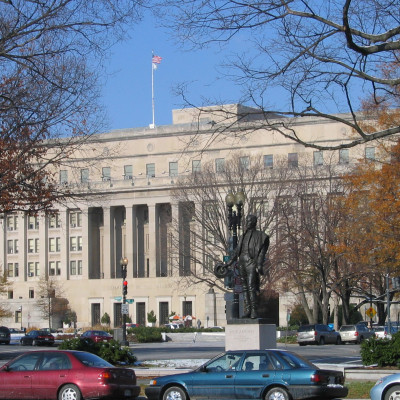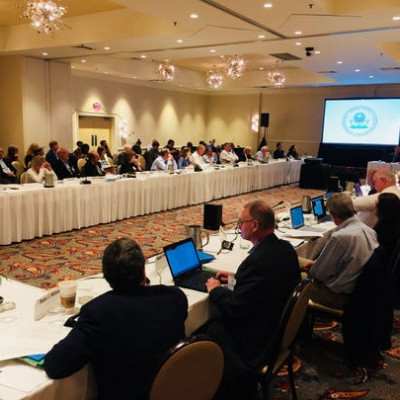June 30, 2019
June 2019 at Policy Integrity
- Amicus Briefs on Methane Rule Repeal, Healthcare Conscience Rule
- Input to EPA’s Science Advisory Board
- Commentary: The Trump Administration’s Uphill Battle Against Clean Car Standards
- In the News: Clean Power Plan Replacement, Deregulation Roundup
- BLM’s Faulty Analysis of Restarting the Federal Coal Program
- More from This Month
-

Amicus Briefs on Methane Rule Repeal, Healthcare Conscience Rule
We filed an amicus brief discussing the Bureau of Land Management’s repeal of a methane waste prevention rule that reduced natural gas waste from venting, flaring, and leaks. The rollback has caused the public to lose out on hundreds of millions of dollars in health and climate benefits. Our brief focused on BLM’s false understanding of its role in waste prevention and its faulty analysis of climate impacts.
In another amicus brief, we criticized the Department of Health and Human Services’ recently finalized healthcare rule that permits discrimination against women, LGBT patients, and HIV-positive patients. Under the HHS rule, health workers can refuse to provide certain medical care, such as reproductive health services or HIV-related treatment, if doing so would violate their religious or moral beliefs. We detailed how HHS’s rigged, inaccurate analysis relies on speculative benefits while ignoring severe costs to patients.
-

Input to EPA’s Science Advisory Board
Policy Integrity legal fellow Madison Condon attended EPA’s June 5-6 meeting of the Chartered Science Advisory Board, where she presented oral comments on the proposed Science Transparency Rule. Condon explained how the rule, which would bar regulators from relying on certain scientific studies, will make it harder to design beneficial regulations. We also provided written input on several issues, including the Clean Water Rule, power-sector emissions of air toxics, and vehicle emissions standards.
-

Commentary: The Trump Administration’s Uphill Battle Against Clean Car Standards
Bethany Davis Noll and Richard Revesz authored an op-ed in the San Francisco Chronicle about EPA and NHTSA’s imminent plans to roll back vehicle emissions regulations and nix California’s authority to set its own, more stringent regulations. They discuss how allowing California to enforce its tougher standards would not be a problem for the auto industry, contrary to the prevailing narrative. The plan does, however, threaten to cause harmful uncertainty because California will challenge it in court. “There is little upside and much downside to picking this fight with California,” Davis Noll and Revesz warn.
Our past work related to the Clean Car standards rollback includes October comments that looked at California’s preemption waiver, the agencies’ unsound reasoning behind the proposal, and the social cost of carbon. More recently, we wrote supplement comments about serious flaws in some of the economic analysis supporting the proposal.
-
In the News: Clean Power Plan Replacement, Deregulation Roundup
The Trump administration recently finalized its Affordable Clean Energy rule, which replaces the Obama-era Clean Power Plan and undercuts progress on reducing greenhouse gas emissions. “With this rule, the EPA is dodging its responsibility,” explained Richard Revesz in an E&E News piece. Revesz also commented on the new rule in Inside EPA and Law360. Jack Lienke spoke with Roll Call about ACE’s legal vulnerability and impending litigation.
The Washington Post, The Wall Street Journal, and Harper’s Magazine have recently cited our statistics on Trump-era deregulation. More background and analysis is available in our deregulation roundup.
-

BLM’s Faulty Analysis of Restarting the Federal Coal Program
The Bureau of Land Management recently issued an Environmental Assessment for its decision to lift the Obama administration’s pause on the federal coal leasing program. Our comments describe how the EA provides flawed and incomplete analysis of BLM’s authority, plan alternatives, and environmental effects. We also submitted joint comments that focus on the EA’s failure to monetize climate damages.
-


